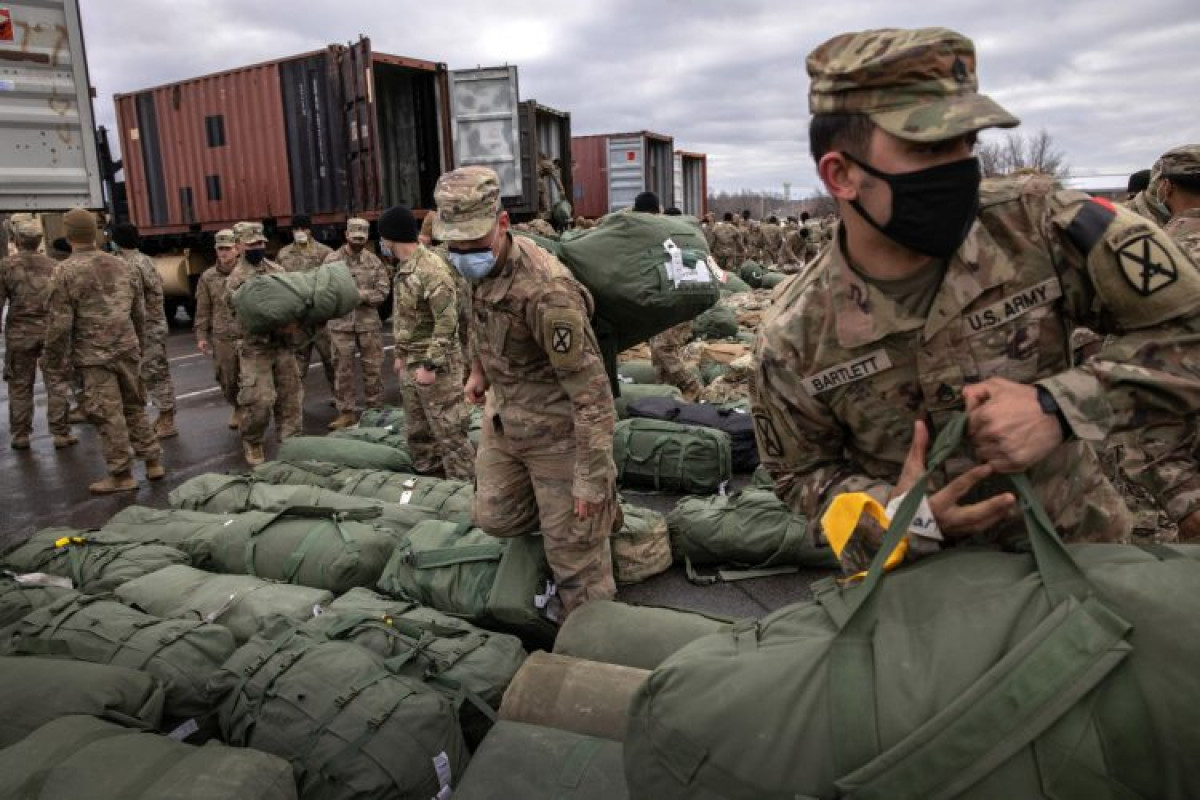 95
95
Even though the deadline for the withdrawal of all US soldiers from Afghanistan is rapidly approaching, the US stated objectives for de-escalating violence and establishing a stable and democratic government in Afghanistan have yet to be met.
According to a March 2017 agreement between Washington and the Taliban, signed in Doha, Qatar, Washington has committed to evacuating its troops from Afghanistan, an arrangement that was part of Trump’s 2016 presidential campaign, in which he criticised the Obama administration for not ending the protracted US military presence in war-torn Afghanistan.
Trump vowed to pull out US troops before the end of his tenure, seeking to gain political achievements by doing so.
The Doha Accord had four main pillars: a) Taliban’s commitment to preventing ultra-radical groups like al-Qaeda and ISIS from operating in Afghanistan, b) setting early 2021 as the deadline for US troop withdrawal from Afghanistan, c) the start of peace talks between the Afghan government and the Taliban, d) commitment to de-escalate violence. Afterwards, the Taliban insurgents were pardoned by the Kabul government and some degree of legitimacy was bestowed upon them.
However, much to Trump’s dismay, the Doha deal with the Taliban failed to produce any tangible results and was severely denounced both in Washington and Kabul.
As Americans prepared to withdraw their troops from the country they invaded in 2001 without adequately training the Afghan military, the Afghan nation is highly concerned about US new policies.
Knowing that the new American administration had violated the Doha Accord, the Taliban became discouraged about resuming peace talks with the Afghan government, to the point where the Taliban issued a statement stating that the Islamic Emirate shall not abandon its objective of establishing an independent and fully Islamic political structure in Afghanistan.
The problem of US troop withdrawals would have a deleterious impact on Afghanistan’s domestic power balance, and a shift in power relations in the country might lead to a power vacuum, inflaming ethnic and religious tensions even more.
Moreover, the departure of US-led forces from Afghanistan would have negative ramifications for Afghan security and the Army’s capability and level of performance. According to the observers, the Afghan military’s fighting and defensive capacities have considerably declined in the past few months.
Washington’s irresponsible withdrawal from Afghanistan would undoubtedly imperil the Afghan Army’s existence, allowing Saudi-backed terrorist organizations to operate freely in the country. Under this dreadful situation, ISIS will be able to recruit more local mercenaries and even citizens from the neighbouring Central Asian countries.
In any case, the withdrawal of US troops from Afghanistan is inevitable, but the implications of a hasty and reckless withdrawal cannot be ignored. The crucial point is that the US and NATO forces must leave in coordination with the Afghan government and after fulfilling the objectives for which they were solely accountable. Given Washington’s history of broken promises, the withdrawal of US forces from Afghanistan, though necessary and vital, may have far-reaching repercussions for Afghanistan and beyond.
In conclusion, one can say that despite the Kabul government’s endeavours to advance democratization in Afghanistan, the US destructive policies have put Afghanistan on the brink of utter chaos and insecurity
Comment
Post a comment for this article